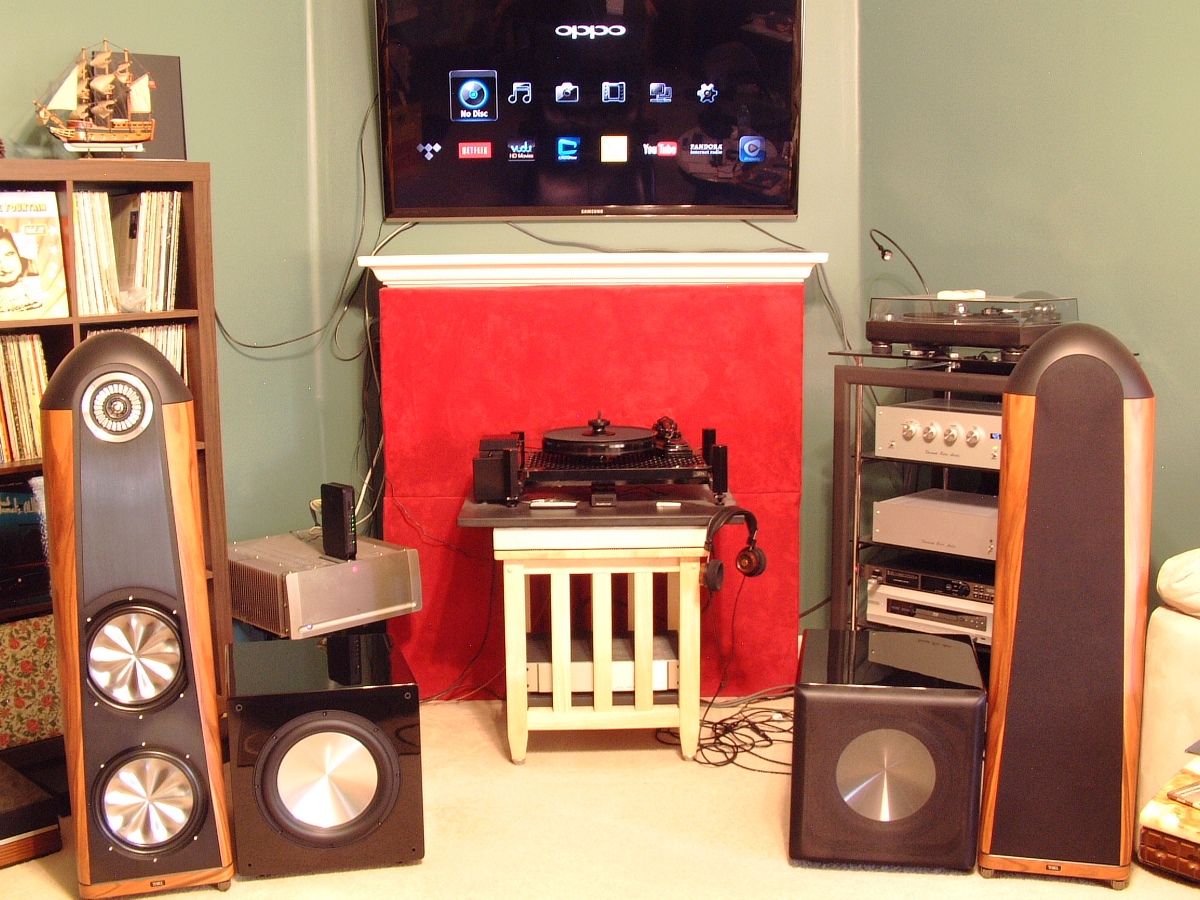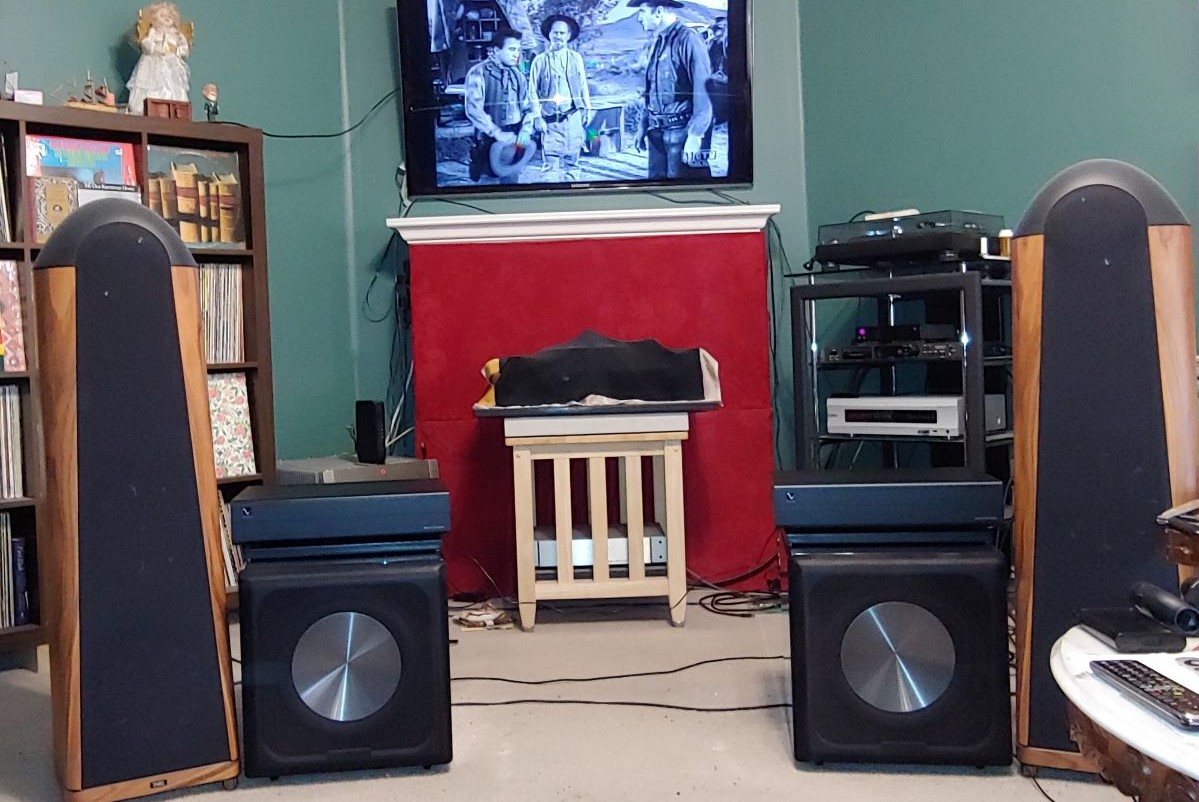Why do most digital recordings online sound bad?
71.219.8.90 |
||
| Posted on April 17, 2020 at 12:44:05 | ||
|
Posts: 178
Location: DC Joined: October 30, 2010 |
Forgive my ignorance. I like being able to click on a link on my computer and hear a song, but I notice that most of my CDs and LPs sound better than what I hear on Apple Music, YouTube Red or Amazon. Maybe I just need to use a good DAC rather than feed from the computer but I suspect it's more than that. I did use the internal DAC when I was listening through a ProJect Maia but have gone to a different amp. Is it the MP3 format that's the problem? Is there a free streaming service that provides high res or good res versions of Boomer classics, jazz and classical? Thank you for any comments and please forgive my ignorance! It's never too late to turn back the clock. |
|
| RE: Why do most digital recordings online sound bad?, posted on November 10, 2020 at 00:58:30 | |
|
Posts: 15518
Location: Alabama Joined: September 11, 2010 |
Too much compression. |
| Thanks for your comments! nt, posted on April 18, 2020 at 19:52:42 | |
|
Posts: 178
Location: DC Joined: October 30, 2010 |
nt
It's never too late to turn back the clock. |
| RE: Thanks for your comments! nt, posted on April 19, 2020 at 06:43:12 | |
|
Posts: 1845
Joined: March 31, 2008 |
A simple experiment might be to rip a couple of CDs to a lossless format. Now you know you have the same master and the same quality. Play this on your PC. If it sounds worse (internal DAC + internal amp) compared with the CD player, it is the hardware at the PC. A external DAC might be an improvement. The Well Tempered Computer |
| Good idea! As soon as I can find my CD player(-: nt, posted on April 19, 2020 at 07:12:15 | |
|
Posts: 178
Location: DC Joined: October 30, 2010 |
nt
It's never too late to turn back the clock. |
| RE: Why do most digital recordings online sound bad?, posted on April 17, 2020 at 13:37:26 | |
|
Posts: 23900
Location: Central Kentucky Joined: December 20, 2000 Contributor Since: January 29, 2004 |
Qobuz is a streaming service that streams hi-rez PCM as well as ordinary CD resolution. It has FLAC files of 24/96 and 24/192, which sound good on my system. On the other hand, I've also found some excellent sounding music-videos on YouTube as well. I think your DAC can make a substantial difference. I recently bought a Mytek Brooklyn Bridge and it seems to improve the sound quality of just about everything I listen to. I also own some FiiO portable digital players that sound awesome, too. Good luck, John Elison |





